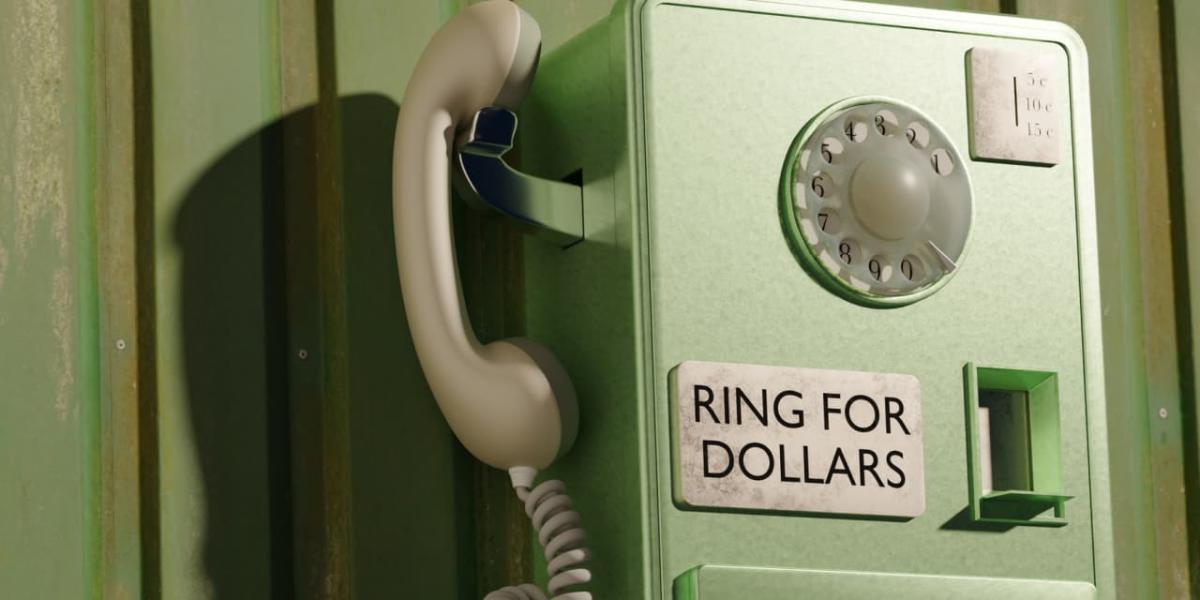I made a bit of an investing mistake recently. I had my CDs all planned out and laddered to come due for the next few years so I could easily make required withdrawals from an inherited IRA. I was happy and even felt savvy, because all of the interest rates on the CDs were higher than the going rate in an environment where rates were due to soon slip even lower. Then I got an email last week from the bank giving me notice that they were taking back one of the CDs three months early.
My 5.5% CD was what’s known as a “callable CD,” which means that after a specified period, the bank can “call” it back. I knew this going in, but had picked the CD anyway because the rate was the highest of the options available at the time. I thought, like many do, “What’s the worst that could happen?”
Most Read from MarketWatch
With an FDIC-insured certificate of deposit, the worst-case scenario is not really that bad, at least with a small amount of money. When a CD is called, the investor gets back what they paid, plus the interest earned up to that point. What they face is reinvestment risk, which is that they have to do something else with the money at the prevailing rate — which is going to be lower, because the only reason banks call a CD is because rates are lower now than they were when they issued it. If you’re talking about $5,000, the difference can be a few hundred dollars. If you invested $100,000 or more in a callable CD, it would be thousands.
“It’s a ‘heads I win, tail you lose’ proposition,” said Greg McBride, the chief financial analyst for Bankrate. “The call feature benefits the bank, not savers.”
This imbalance in favor of banks is why industry experts like McBride, or Ken Tumin at DepositAccounts, generally advise against consumers investing in callable CDs. But the problem is that most consumers don’t always know what they are getting into; they just see rates, and callable CDs have higher rates to offset the reinvestment risk involved.
The most common case where this happens is with retirees — or inheritors like me — who buy CDs in an IRA account through a brokerage. Many ladder CDs with a range of maturities so that the needed amount comes due each year just before they take an annual withdrawal. At most brokerages, the automatic tool that builds a CD ladder for you will exclude callable CDs, but if you pick yourself, you might be drawn to the highest rate available without looking into the details — especially if you don’t know to exclude callable CDs in the search.
“It’s this scenario that bites people,” said McBride. “By the time it gets called, it’s too late to do anything about it. You get that maturity value returned to reinvest that you were not planning on happening. It can disrupt your plans.”
Call conditions are back
Another reason people are not aware of the call features is because economic conditions haven’t been right for calls in a while. While interest rates were at historic lows over the past several years, there wasn’t much consumer interest in CDs altogether. When interest rates started to rise, banks started to get aggressive about offering the best rates, and adding call options is one way to boost the rates.
“When you buy a callable CD, you’re betting that rates will increase or stay the same,” said James White, a banking consultant at Total Expert. The banks, meanwhile, are taking the opposite side of the bet.
When interest rates drop, it’s better for the bank to call the CD and redeploy the funds at a lower rate, and that’s what we’re experiencing lately. “It’s not the first time, but it’s been about 20 years since it happened the last time,” said White.
For the most part, you will only see call options on CDs you buy through a brokerage — which are called brokered CDs — and not the ones you buy directly from a bank. JPMorgan Chase JPM, for instance, said its consumer bank does not offer callable CDs, but it does on brokered CDs. “Callable CDs usually have higher yields than traditional CDs to compensate investors for the risk of the CD being called,” said a JPMorgan spokesperson in an email. “This is disclosed to the investor at time of purchase.”
But in the scenario where a retiree is buying CDs within an IRA, it can be a heavy lift to go outside of the brokerage system they know to buy CDs. In that circumstance, “it’s much simpler to stay in Treasurys, which are never callable,” noted Harry Sit, founder of the blog TheFinanceBuff.com.
That said, Treasurys are already offering lower rates than CDs. And the rates CDs are offering now are less than they were a year ago. So what’s an investor to do if they have to suddenly reinvest money from a called CD?
The key to picking the right next investment is to think about your goals. “We’re all subject to what’s happening with rates, but you should be thinking more about what you want your money to do for you,” said Stephen Chen, the chief executive of Boldin, the financial planning platform formerly known as New Retirement. Chen sees how people could have some buyer’s remorse with callable CDs. “It feels like when people have adjustable-rate mortgages that jump and they wish they were locked into a 30-year mortgage instead,” he said.
If you want your money to make 5% for the next three years, then Chen suggested you pick a product that will get you that guaranteed, like a bond. “You need to understand what you get into,” he said. “Your plan can go out the window if you don’t.”
